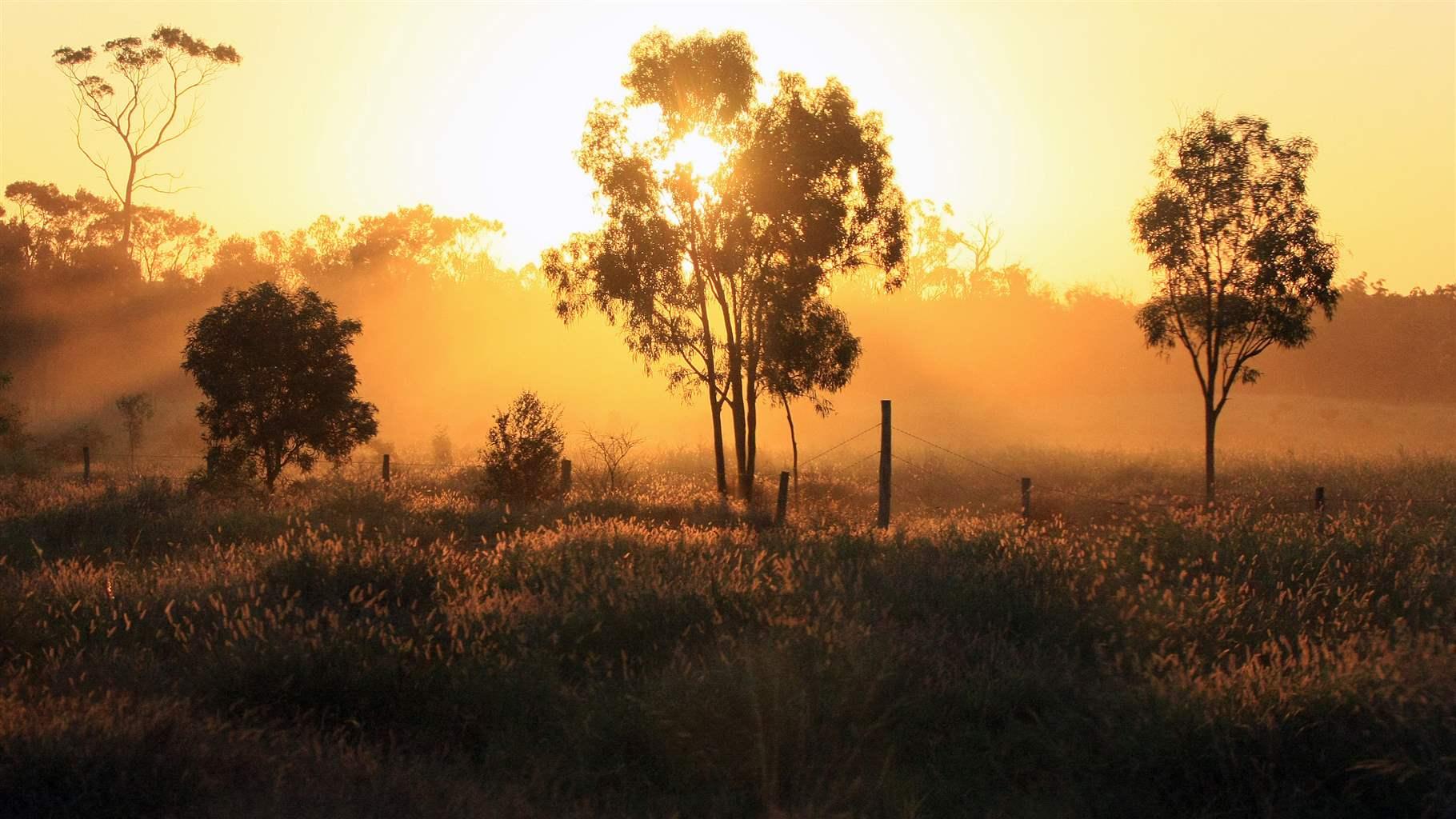Conservation Funding Can Strengthen the Australian Economy in the Face of COVID-19
A new proposal will create thousands of land management jobs for Australians hurt by the pandemic

Australians started 2020 fighting unprecedented and devastating bushfires. But before the heroic efforts of firefighters could fully extinguish the flames, another national emergency began: the rapid spread of COVID-19. Australia has fortunately been spared the worst effects of the virus, with fewer cases and less loss of life than in many other countries. Nevertheless, to slow the spread of the coronavirus, Australia had to shut down its economy, which led to the loss of hundreds of thousands of jobs almost overnight and real economic pain for communities large and small.
In response, the Australian Government quickly moved to introduce a raft of measures aimed at keeping the country’s economy afloat while launching new initiatives to stimulate growth.
To support that effort, The Pew Charitable Trusts convened a coalition of organisations from across Australia’s conservation and agricultural sectors to make the case that stimulus funding should go toward conservation and land management projects. More than 70 organisations joined the alliance and advocated for investment in a jobs-rich conservation and land management program as part of broader economic stimulus measures.
The alliance’s proposal calls for the creation of jobs for up to 24,000 workers spanning a range of skill levels, from unskilled labourers to professional conservation land managers. The proposal envisioned that investment could be delivered as a series of small-scale projects or as a broader employment and conservation initiative, reminiscent of the popular US Civilian Conservation Corps that provided work for millions of young unemployed men and women during the Great Depression.
Practical conservation and land management actions proposed by the Australian coalition include:
- A surge in weed control efforts, focused on containment and prevention of spread across different types of land.
- River and wetland restoration, including fencing, revegetation, and erosion control.
- National park infrastructure, track maintenance, and management (fire, weeds, feral animals).
- Bushfire recovery and resilience activities, including infrastructure repairs and habitat restoration.
- Control of invasive animals, including deer and pigs, which affect farming and threatened species.
- Tree planting and habitat restoration in metropolitan, suburban, peri-urban, and rural areas.
- Funding for private land conservation, putting money in the hands of farmers and other land managers.
- Coastal habitat restoration and monitoring in partnership with the fishing industry and local communities.
- Plastics and marine debris clean-up, including research to inform future policy decisions.
- Funding for Indigenous rangers to deliver jobs directly to vulnerable communities using a proven model.
The coalition of organisations briefed the office of Prime Minister Scott Morrison and key government officials in April, suggesting a united approach from state and federal governments to roll out complementary conservation and land management programs.
Pew continues to work constructively with state and federal ministers and various government agencies to refine the proposal with the goal of integrating important aspects into federal and state COVID-19 recovery and stimulus packages.
Pepe Clarke leads The Pew Charitable Trusts’ terrestrial conservation work in Australia.











